Saturday Evening Post Time Capsule: July 1932
Featured image: Veteran “Bonus Army” demonstrating in Washington, D.C. (Library of Congress)
Herbert Hoover’s Meatless Wheatless World War I Diet
So you’ve started a vegetarian, gluten-free diet, but did you remember to complete your pledge card to send to the U.S. Food Administration? This is — of course — no longer a reality, but 100 years ago it was, when Herbert Hoover suggested changes to the American diet to support the war effort.
When Hoover became the “food czar” in April 1917 upon America’s entry into World War I, the U.S. Food Administration had been created to encourage patriotic conservation of certain ingredients for the war effort. Since his recent stint as chairman of the Commission for Relief in Belgium, Hoover understood the logistics behind a large-scale food operation. In order to supply hearty non-perishables — beef, wheat, and sugar — to American soldiers and Allies overseas, Hoover’s USFA asked for cooperative sacrifice from civilians.
Hooverizing Housewives
“Meatless Tuesdays” and “Wheatless Wednesdays” were part of the USFA’s Hooverization of America’s kitchens. By 1918, the administration claimed more than 10 million homes had submitted pledges to use potato flour, molasses, and chicken instead of wheat flour, sugar, or beef in their tried-and-true recipes.
Hoover’s culinary campaign also recommended its own recipes, cataloged by the National Archives. Pamphlets from the USFA urged homemakers that a pledge to their recommendations would not amount to skimpy cooking: “The word ‘save’ has been overemphasized in the public mind and the word ‘substitute’ overlooked.” A Hoover-compliant dinner in 1918 might include a shark steak, potato bread, and greens from a family victory garden. For dessert, the tempting Lintz Tart called for rye flour, lemon zest, and cinnamon with an almond paste filling.
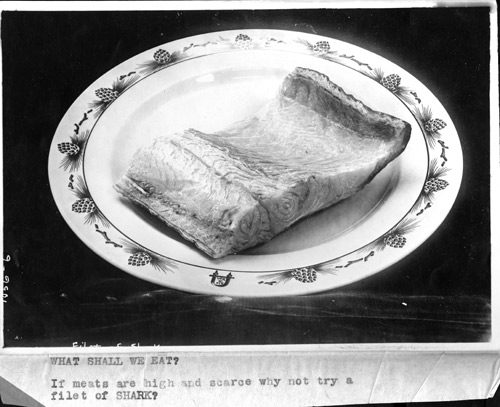
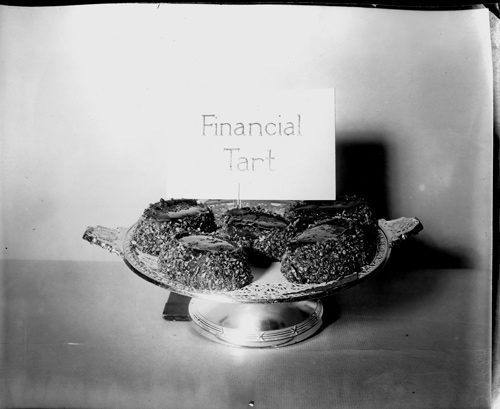
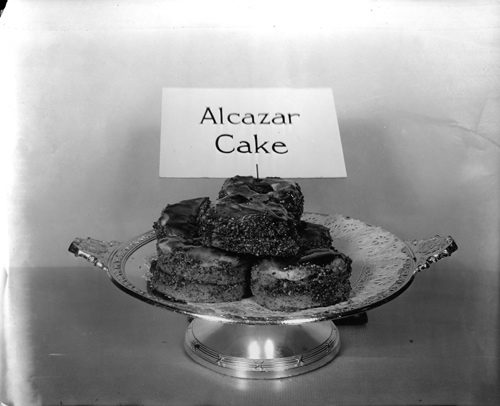
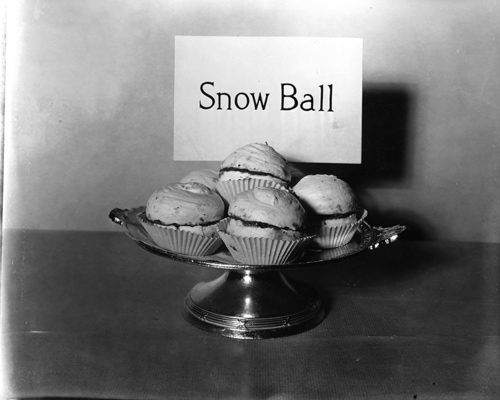
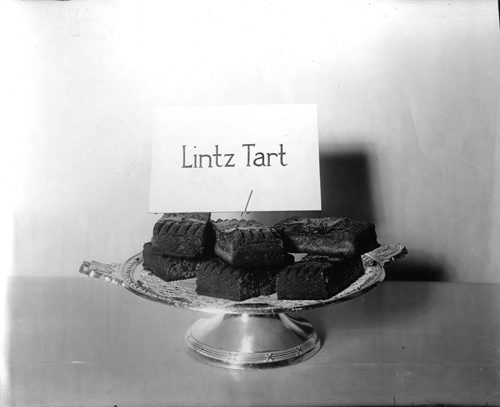
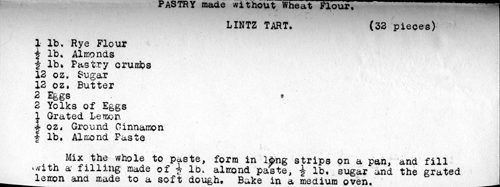

Sharks, Snakes, and Snowballs
“Food Will Win the War” may have made for an apt title of a Herbert Hoover food blog featuring delicacies like the Financial Tart, Alcazar Cake, and Special Napoleon. One warning from the USFA was sure to challenge the allegiance of the most loyal war-foodies: “The ladies will probably protest and say that they will never, never eat snakes. But it is quite probable that snake meat will be considered a delicacy if the war long continues.” Luckily, the war ended before a Copperhead Quiche could be recommended.
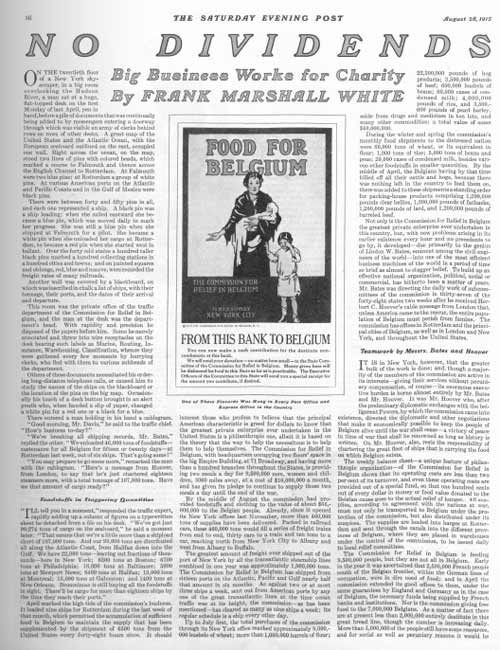
Famous Contributors: Herbert Hoover
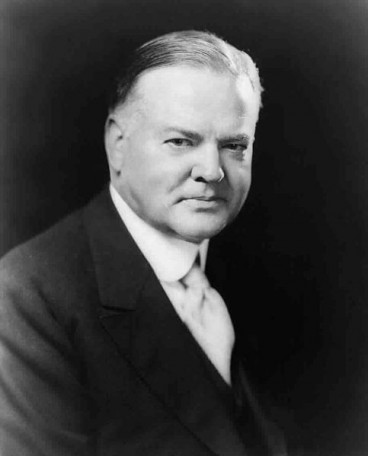
Long before he became president of the United States, Herbert Hoover had experience helping people during large-scale crises. He engineered protective barricades in China during the Boxer Rebellion of 1900. In the onset of World War I, he was selected by the American Consul General to coordinate the evacuation of 120,000 American tourists from Europe. As U.S. Food Administrator he developed a plan that fed Allied soldiers in Europe and avoided rationing at home, and after the Great War, he organized food shipments to millions in central Europe and Soviet Russia.
But Ill-fated words from his 1928 campaign speech, “We in America today are nearer to the final triumph over poverty than ever before in the history of any land,” the subsequent stock market crash, and what some view as bad economic policies have branded him as one of the worst presidents in our nation’s history.
Herbert Hoover was a long-time contributor to the Post. His article, “Some Notes on Industrial Readjustment,” published 10 years before the Great Depression, may provide some insight into Hoover’s conservative approach to problems during the Great Depression. The following excerpts are taken from this article:
…[T]he attempt to solve great human and economic problems by governmental use of the courts instead of seeking solution from the legislatures is indeed further evidence of need for careful thinking.
When all is said and done, labor, whether with hand or mind, is the only excuse for membership in the community.
No scheme based on political appointment has yet developed the ability to replace competition in its selection of ability and character in management, and no government under the pressure of local political influences can properly conduct the risks of initiating extension and improvement.
In any event, until our Government abandons its method of war finance by way of gigantic inflation of credit and consequent stimulus to speculation there will be little relief from profiteering and its bitter interpolation into the cost of living.
You can read “Some Notes on Industrial Readjustment” in its entirety below:
[embedpdf width=”700px” height=”900px” ]http://www.saturdayeveningpost.com/wp-content/uploads/satevepost/Hoover.pdf[/embedpdf]